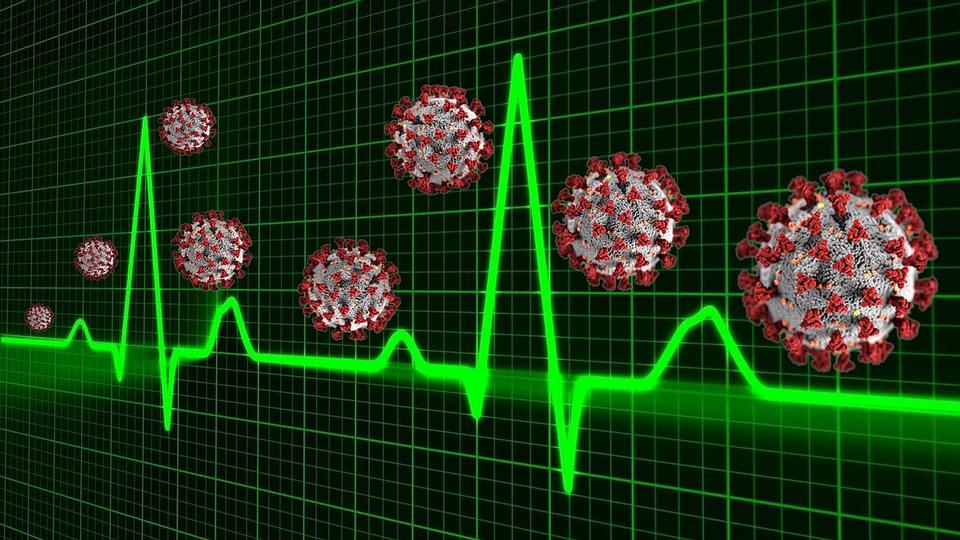
A team of Johns Hopkins University biomedical engineers and Johns Hopkins Medicine heart specialists have developed an algorithm that warns doctors several hours before patients hospitalized with COVID-19 experience cardiac arrest or blood clots.
The COVID-HEART predictor can forecast cardiac arrest for patients who have COVID-19 with a median early warning time of 18 hours, and it can predict blood clots three days in advance. It was developed with data from 2,178 patients treated at the five hospitals in the Johns Hopkins Health System between March 1 and Sept. 27, 2020.
“It’s an early warning system to predict in real time these two outcomes in hospitalized COVID patients,” said study senior author Natalia Trayanova, M.S., Ph.D., the Murray B. Sachs Professor of Biomedical Engineering and Medicine at the Johns Hopkins University School of Medicine. “The continuously updating predictor can help hospitals allocate the appropriate resources and proper interventions to attain the best outcomes for patients.”
The paper was posted online Jan. 10, 2021, on the preprint website MedRxiv where scientists have been sharing urgent research related to COVID-19 throughout the pandemic. Trayanova’s lab began the research in April 2020 with one of the first grants awarded from the National Science Foundation’s Rapid Response Research effort.
Julie Shade, the study’s lead author and a doctoral student in biomedical engineering at The Johns Hopkins University, built the machine-learning algorithm with more than 100 clinical data points, demographic information and laboratory results obtained from the JH-CROWN registry that Johns Hopkins established to collect COVID-19 data from every patient in the hospital system. Shade added other variables that she found reported by doctors on Twitter and from other preprint papers.
For example, the team did not anticipate that electrocardiogram (ECG) data would play a critical role in the prediction of blood clotting. But once it was added, the ECG data became one of the most accurate indicators for the condition, Trayanova said.
The researchers’ next step is to develop the best method for setting up the technology in hospitals to aid in the care of patients with COVID-19.
Trayanova is available for interviews.


